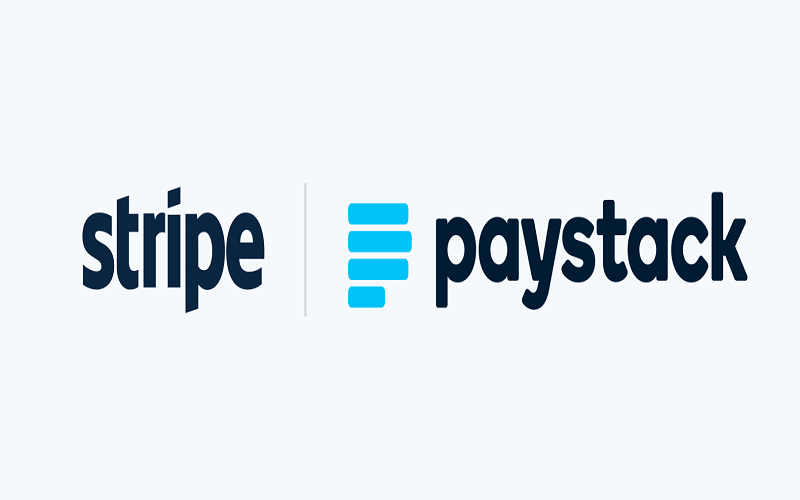Stripe, the online payments provider that is one of Silicon Valley’s most valuable private companies, is expanding into Africa for the first time with the acquisition of Lagos-based payments company Paystack, according to a report in the Financial Times (ft.com).
Paystack has been at the vanguard of a group of companies that have made Lagos the hottest fintech ecosystem in Africa, as investors seek to tap into a severely underserved market of 200m Nigerians, tens of millions of whom lack bank accounts.
While terms were not disclosed, a person familiar with the deal said Stripe would pay more than $200m in cash and stock for the five-year-old start-up.
Nigerian fintech companies including Flutterwave, OPay, Interswitch and PalmPay have together raised hundreds of millions of dollars in funding over the past 12 months, despite lingering concerns about the regulatory risks of operating in the market.
Stripe’s interest in the region follows that of Jack Dorsey, co-founder of Twitter and Square, who had planned to spend several months living in Africa this year before his plans were derailed by the coronavirus pandemic.
“It’s very clear a significant fraction of any internet company’s future — Stripe’s included — is going to lie on the African continent,” said Patrick Collison, Stripe’s co-founder and chief executive.
“Already today Africa is growing — by any relevant metric — significantly faster than the rest of the world.”
Stripe, which investors valued at $36bn in April, has grown rapidly by providing a software program that allows businesses to accept online payments, and it has recently expanded into lending.
The San Francisco-based company offers payments services to businesses in more than 40 countries, including across Europe, south-east Asia and Latin America, but it has rarely done so through acquisition.
But Mr Collison suggested that Stripe was unlikely to make many more purchases to enter new markets.
“Unfortunately there just aren’t many Paystacks in the world,” he said, given its strong fit in terms of technology and team.
Paystack had been the first Nigerian company to join Silicon Valley’s influential Y Combinator accelerator programme, said its co-founder and chief executive, Shola Akinlade, and it now processes about half of all online payments in Nigeria.
“We are really trying to accelerate payments and commerce in the continent,” he said. “It’s like Stripe for Africa.”
As Africa’s largest economy, Nigeria makes an ideal launching pad for companies with pan-African payments ambitions, giving start-ups access to a huge market while only having to deal with one government.
Mobile payments remain relatively rare in Nigeria — roughly 95 per cent of transactions are still done in cash — in sharp contrast to east Africa, where Safaricom’s M-Pesa dominates.
Across the continent, BCG has estimated that African eCommerce will grow to $27bn this year. However, Nigeria’s long history of problems with money laundering presents a potential risk for Stripe as it enters the market.
Some traditional banks remain wary of operating in the region. “International payment groups operating in Nigeria and elsewhere across Africa are opening themselves up to very significant risk,” said Charles Delingpole, chief executive of ComplyAdvantage, a provider of money laundering monitoring technology.
“The thinking is perhaps, with better technology and data, that Silicon Valley can somehow enter markets and deal with challenges that those classed as banks failed to overcome,” he added.
Stripe has spent years developing its own anti-money laundering systems. Its months-long due diligence before acquiring Paystack included an audit of its AML processes, Stripe said.
Despite the risks, venture capitalists continue to pour money into Nigerian fintechs, which last year took in a quarter of all funding raised by African start-ups.
In a single week last November, nearly $400m poured into payments companies based in Lagos, including a $200m Visa investment into Interswitch, which has become the dominant infrastructure through which digital payments are made.
Paystack’s earlier backers also include Visa and China’s Tencent, as well as Stripe itself, which led an $8m investment round in the company in 2018.
Paystack will continue to operate as an independent brand following the acquisition.

